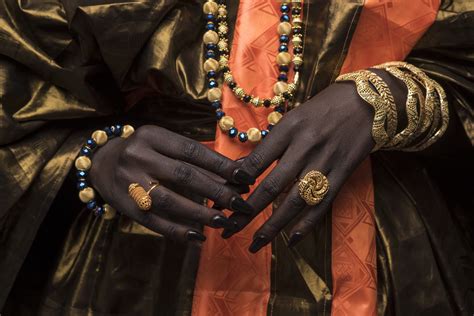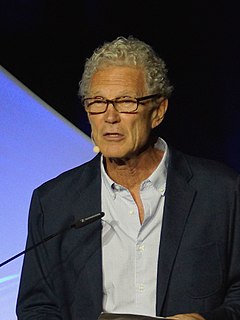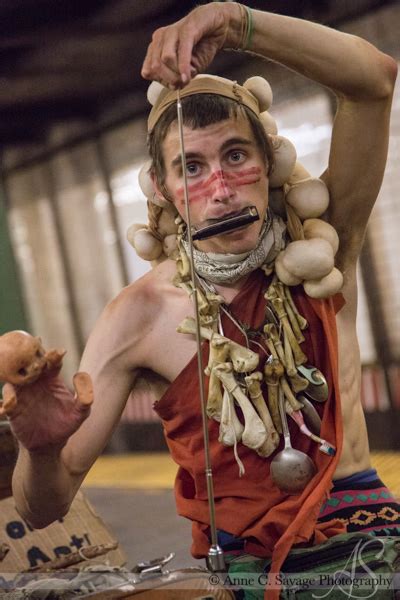A Quote by Mohsin Hamid
In a subway car, my skin would typically fall in the middle of the color spectrum. On street corners, tourists would ask me for directions. I was, in four and a half years, never an American; I was immediately a New Yorker.
Related Quotes
The vision preached by my father a half-century ago was that his four little children would no longer live in a nation where they would judged by the color of their skin but by the content of their character. However, sadly, the tears of Trayvon Martin's mother and father remind us that, far too frequently, the color of one's skin remains a license to profile, to arrest and to even murder with no regard for the content of one's character.
I would sit on the street corners in my hometown of Indianola, Mississippi, and I would play. And, generally, I would start playing gospel songs. People would come by on the street - you live in Time Square, you know how they do it - they would bunch up. And they would always compliment me on gospel tunes, but they would tip me when I played blues.
The funny thing is, when I ask people with dark skin if they would change their color, they tell me no, and when I ask women if they would rather be men, they tell me no, and I get the same response when I ask people with unusual anatomies if they would take a magic pill to erase their unusual features.
I still am amazed that people would never buy a car if they were told it gets 75 miles to the gallon - they're absolutely clear on what's a scam. But when it comes to their health they will immediately fall for somebody telling them, "Take this pill and you'll live to be a hundred years old." There's something about medicine that allows us to fall for stupid sales pitches more easily.
My mom always said to us, "You cannot judge anybody because of the color of skin." There were a lot of African immigrants in Italy at the time, and people would not even say hi in the street. And my mom, she would invite these people to the house. This is what I got from my mom: to not judge people because of their sexuality, their skin color, their religion, nothing.
I like street performance because it's garbage time. The subway is garbage time: no one can say I'm wasting their time because they've already thrown that time into the subway. If they don't want to see me they can go to the other end of the platform. But on the street I do feel this disgust towards the audience: why would you waste your time looking at me? Why are you being so respectful of me? You should attack me.
If you were a kid in 1955, you would pick up a copy of 'Popular Science' and it would say, 'This is the kind of car you're going to be driving in five years or in 20 years you'll be able to take a jet plane from New York to London in four hours,' or something like that. We actually got used to the idea that the future's going to be different.
But truth be told, I'm not as dour-looking as I would like. I'm stuck with this round, sweetie-pie face, tiny heart-shaped lips, the daintiest dimples, and apple cheeks so rosy I appear in a perpetual blush. At five foot four, I barely squeak by average height. And then there's my voice: straight out of second grade. I come across so young and innocent and harmless that I have been carded for buying maple syrup. Tourists feel more safe approaching me for directions, telemarketers always ask if my mother is home, and waitresses always, always call me 'Hon.





































